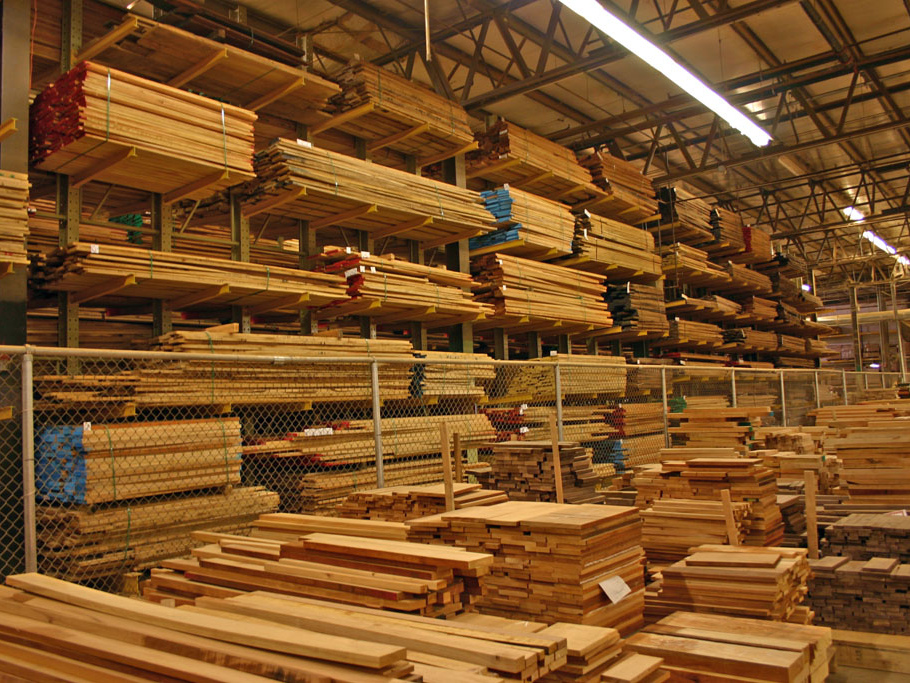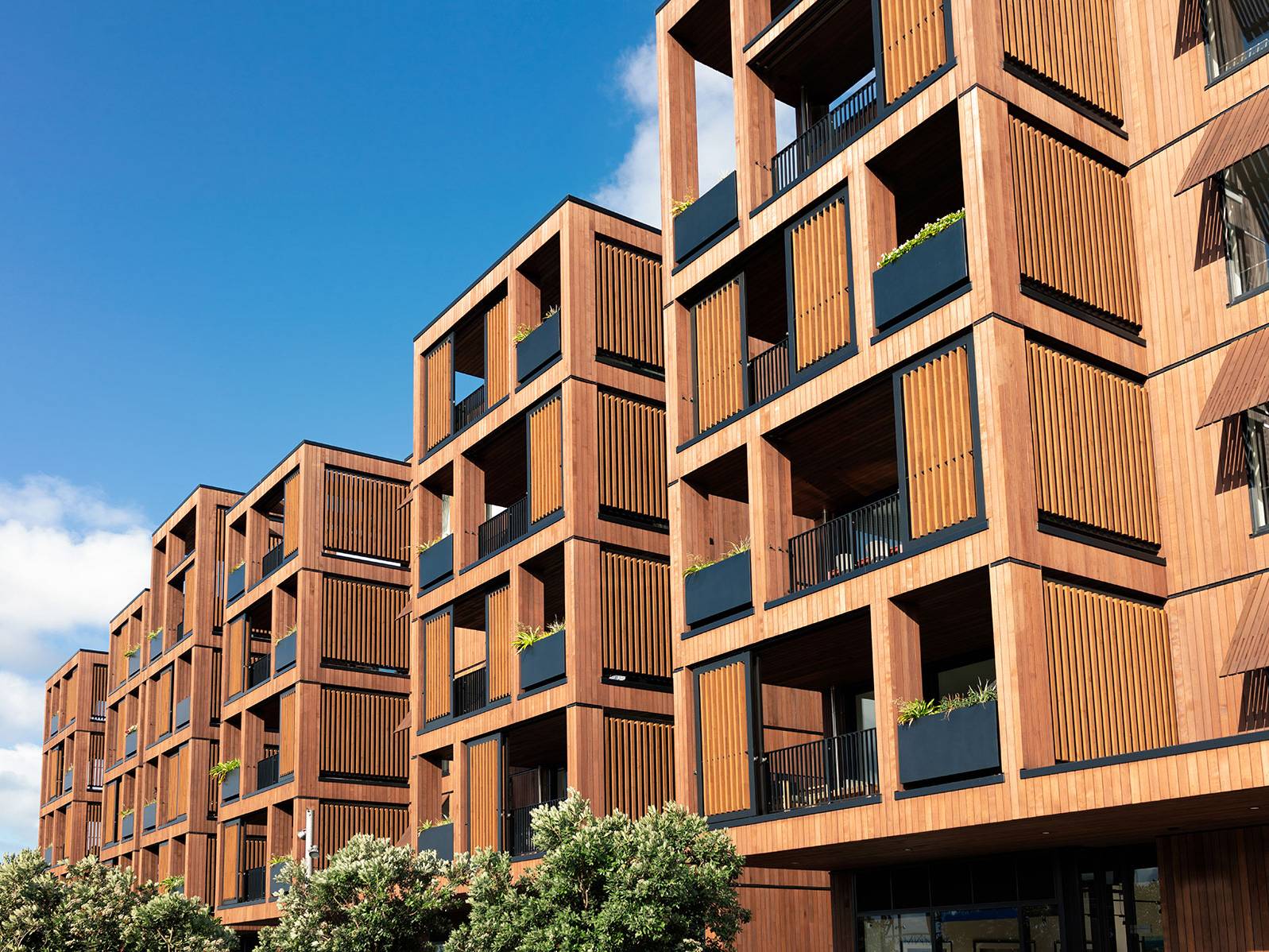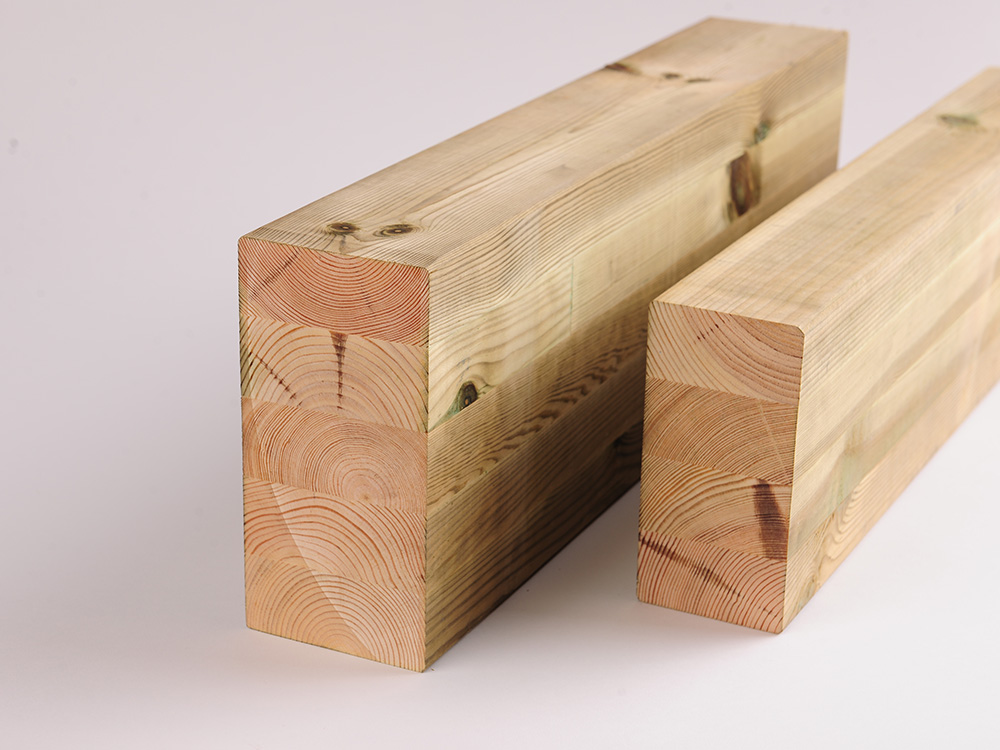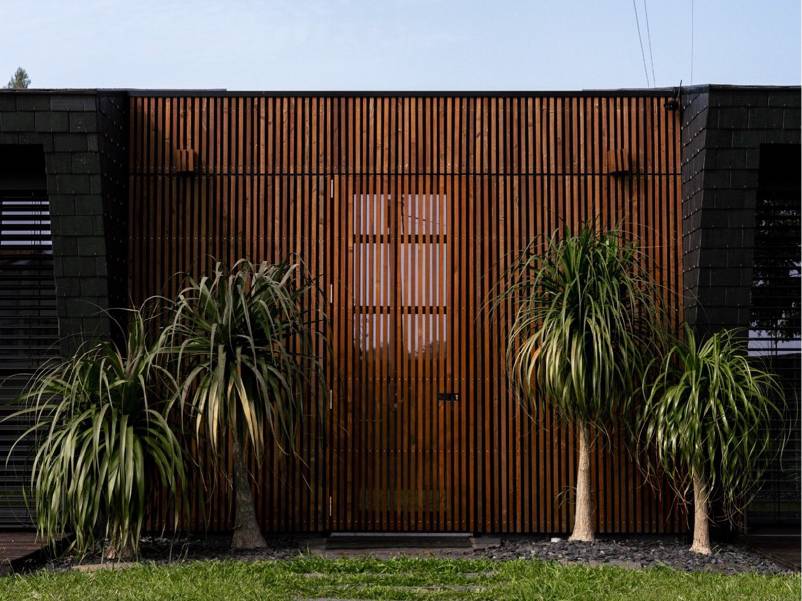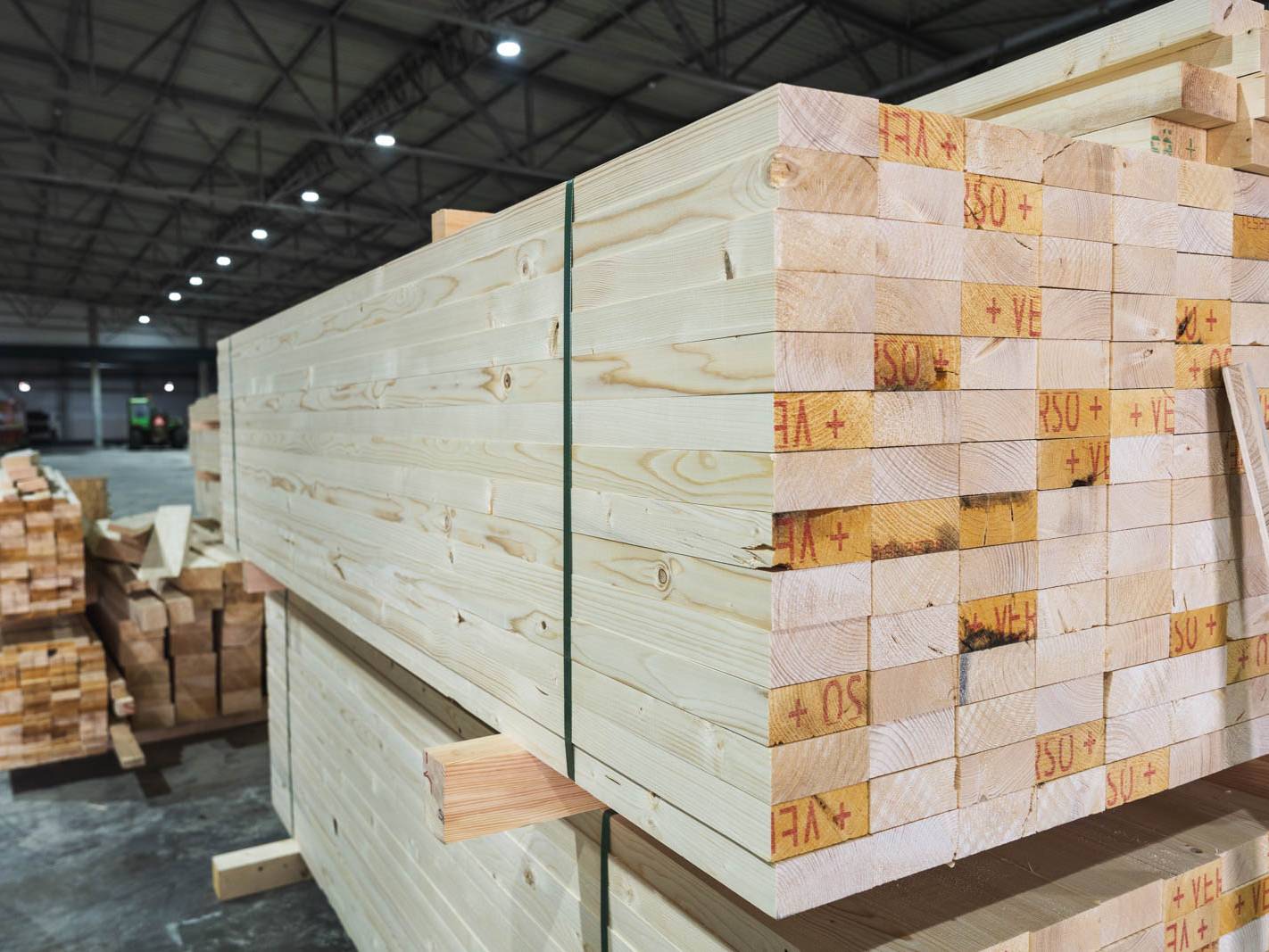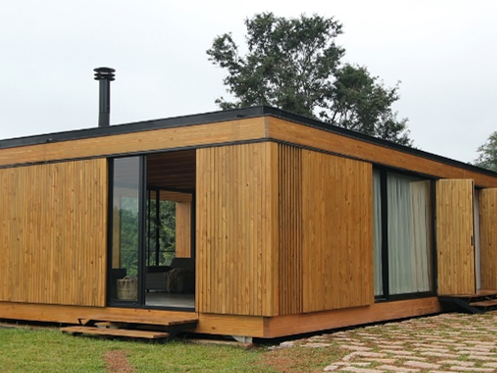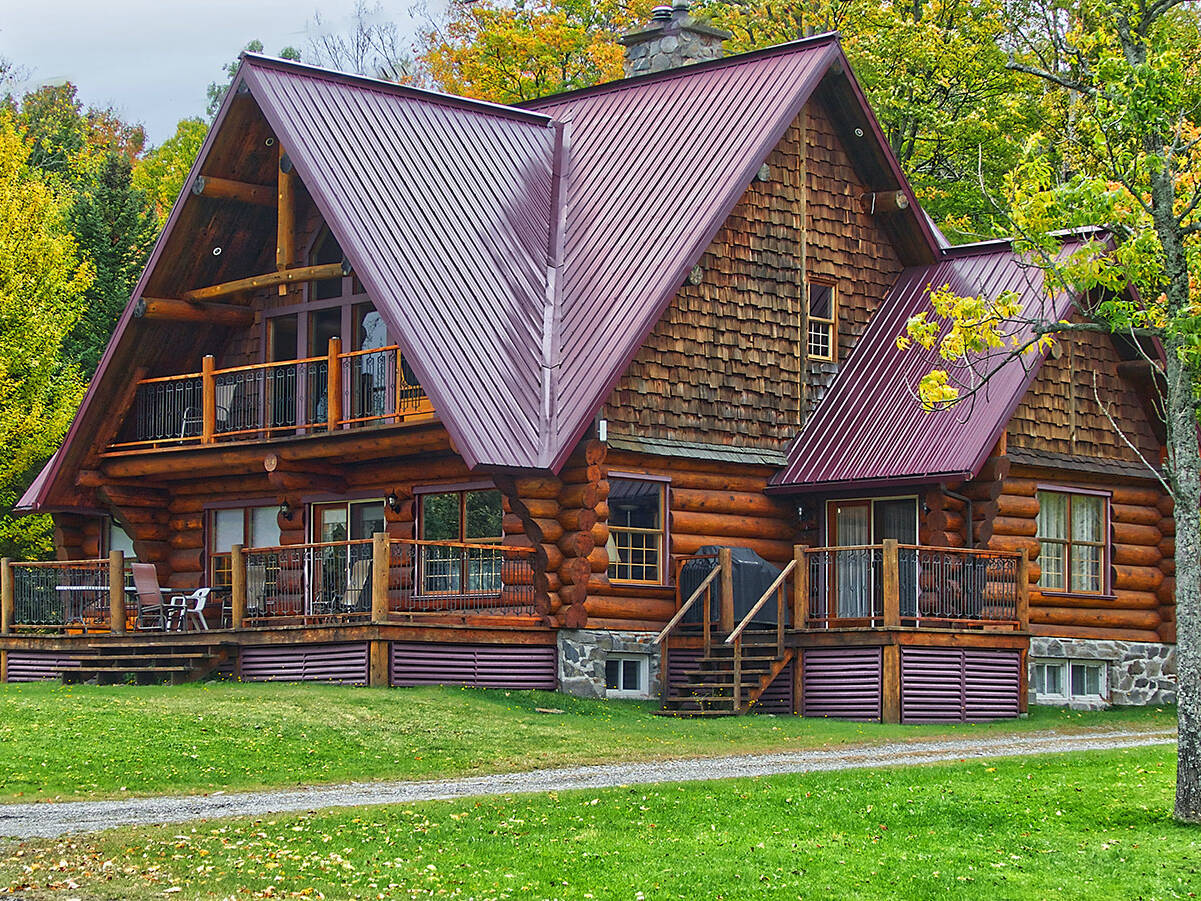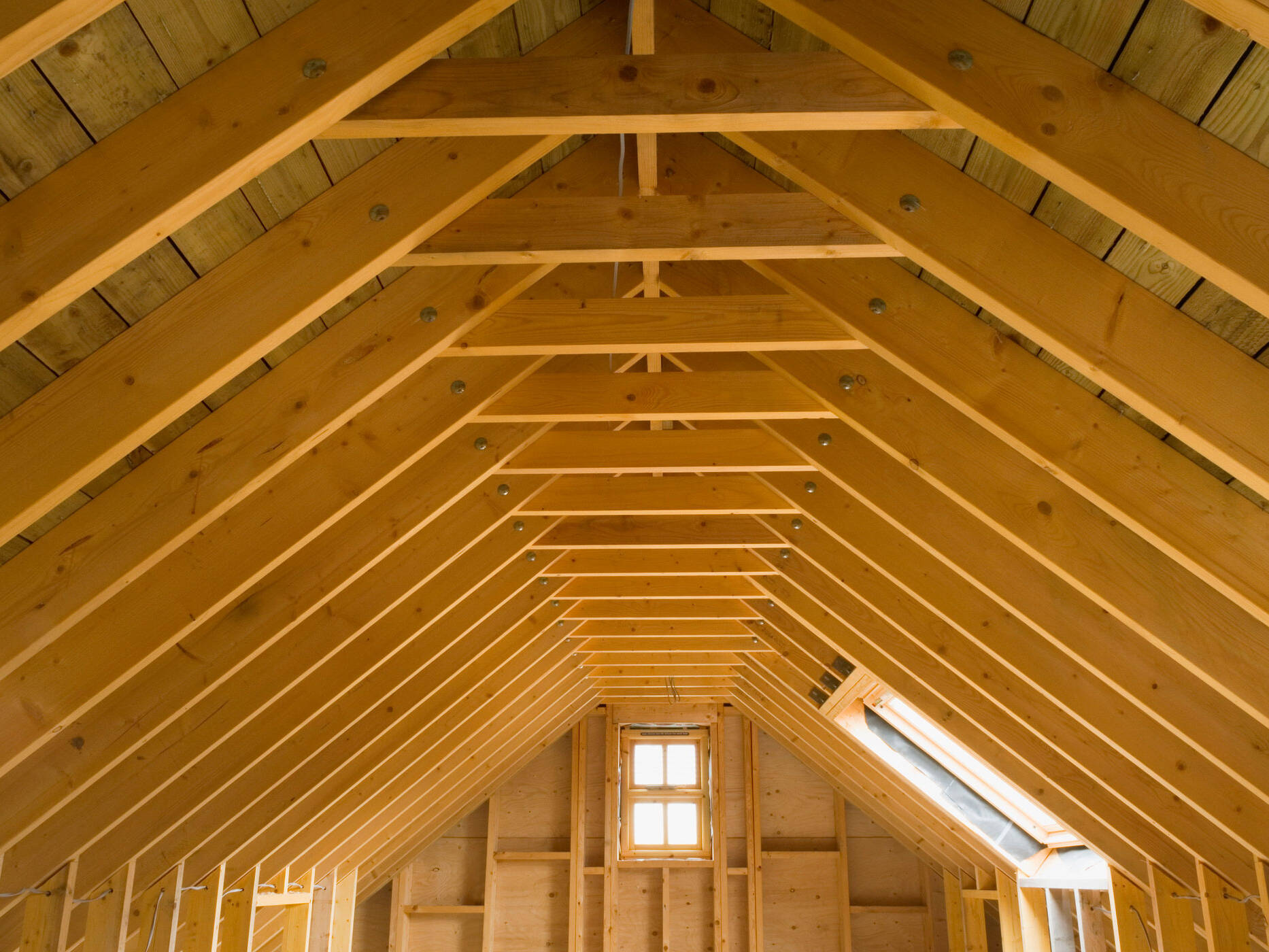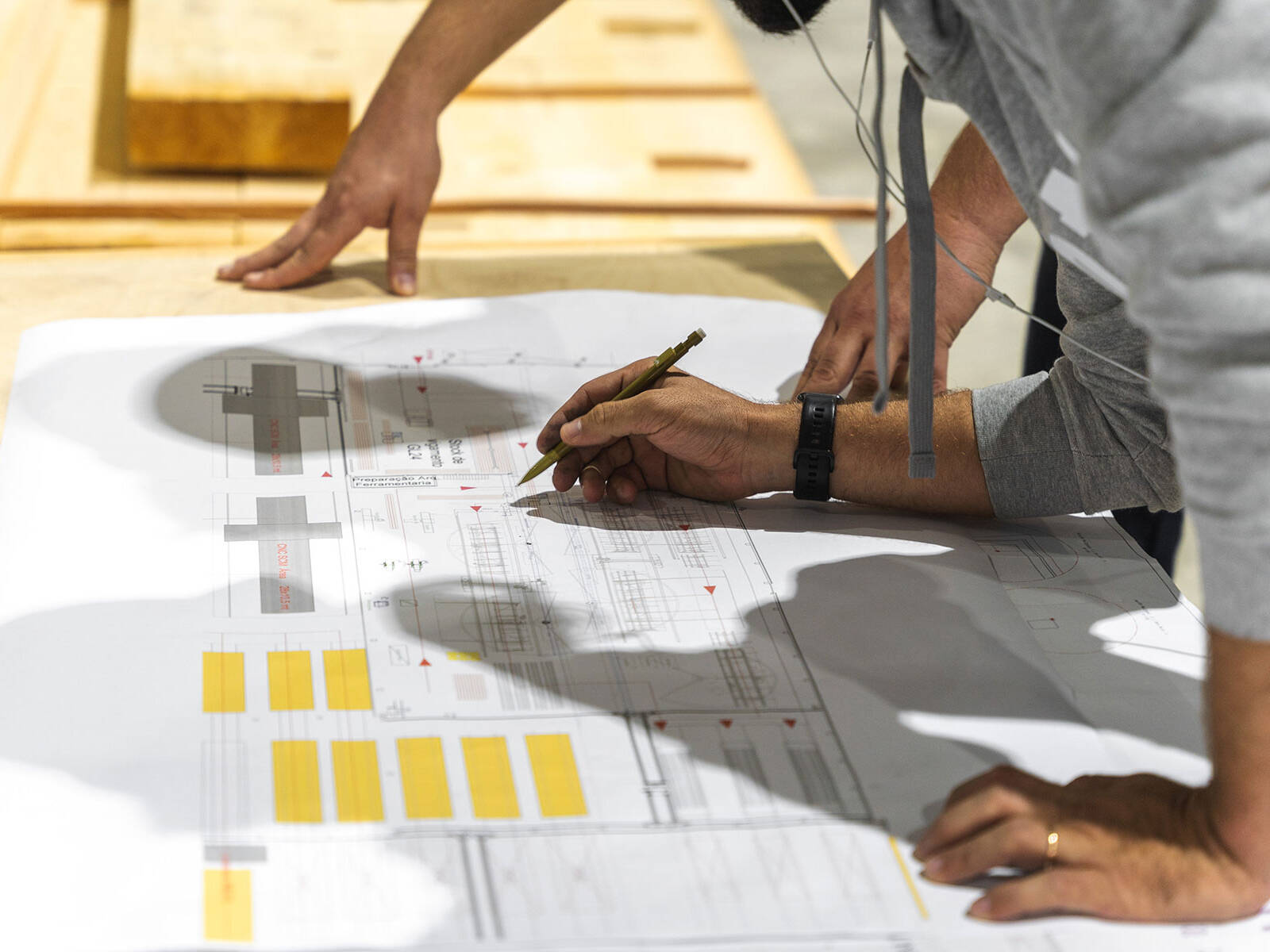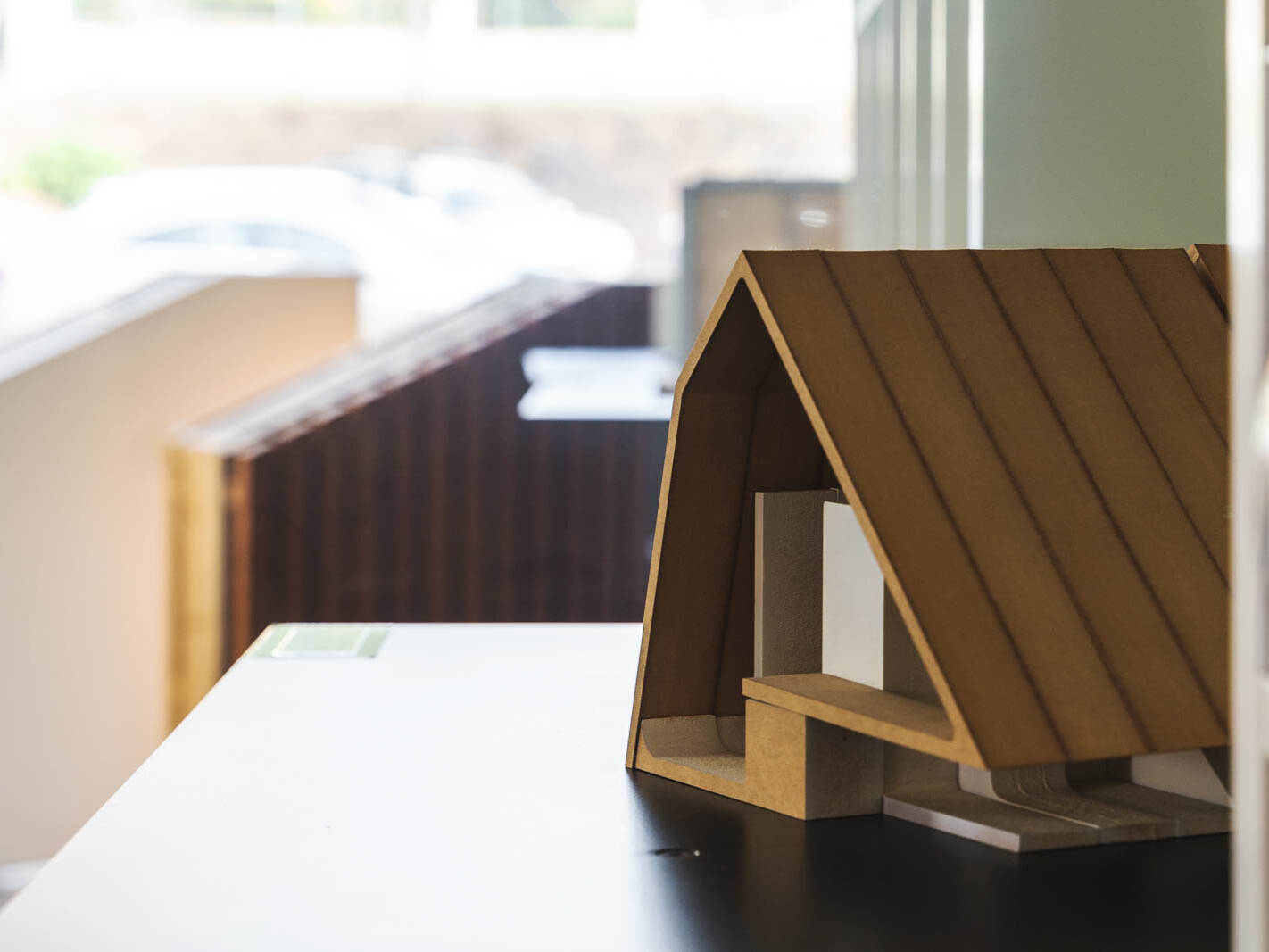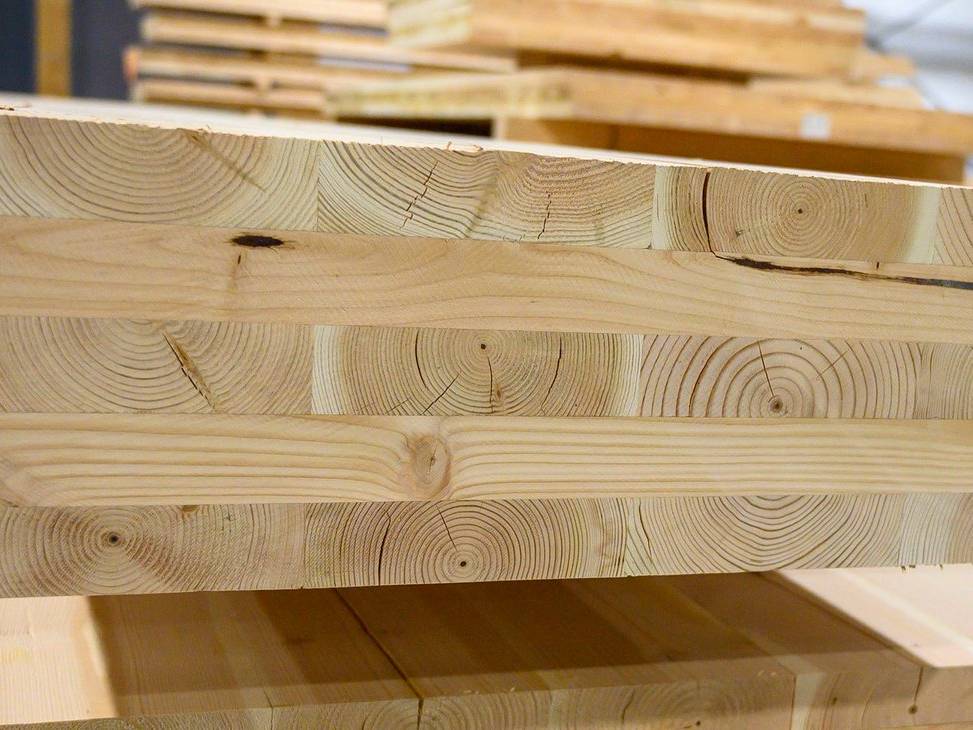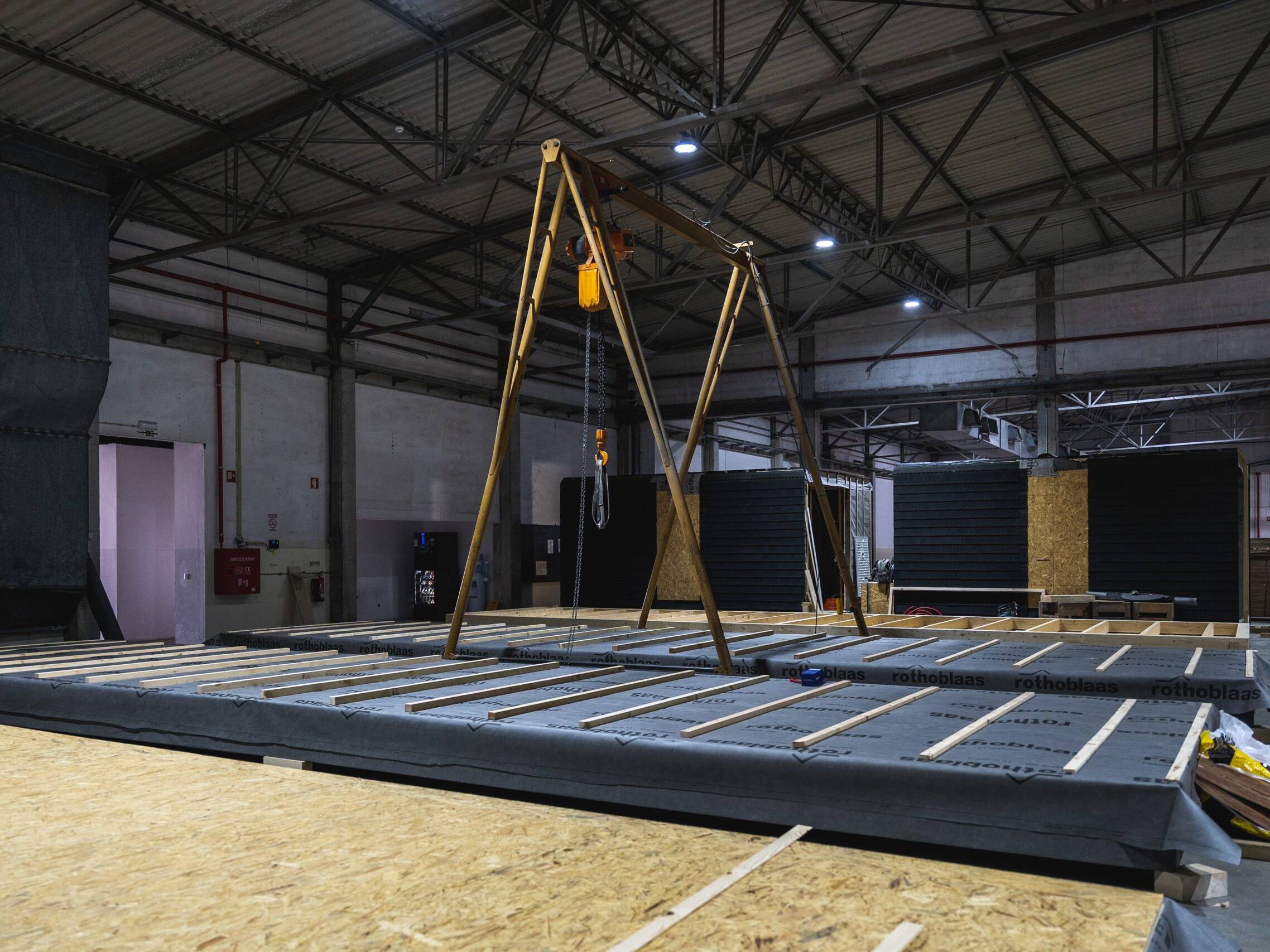Construction with Wood
Aqui encontra toda a informação sobre Construção em Madeira, os seus mitos, técnicas e vantagens.
Construction with WoodUncategorized
Engineered Wood Market Size & Share Analysis
Government has introduced a statutory tree and woodland cover target which commits to increasing the tree canopy and woodland cover in England to 16.5% by 2050. But not only do we need to plant trees, we also need to make good use of the materials they provide to us.
Why Choose Wood?Construction with Wood
Timber in construction roadmap
Government has introduced a statutory tree and woodland cover target which commits to increasing the tree canopy and woodland cover in England to 16.5% by 2050. But not only do we need to plant trees, we also need to make good use of the materials they provide to us.
Durability of construction with wood
The durability of a timber construction can be high. There are examples of wooden churches (Stavkirke churches in Norway) which are hundreds of years old, and we have various examples in our historical heritage proving that construction with wood can be durable (Pombaline anti-seismic construction, flooring, etc.).
Construction with WoodWhy Choose Wood?Articles
Seismic Performance of Wood Buildings
Wood is a material with an excellent seismic performance. It is light, its construction members show major deformation capacity and are systems of great redundancy.
ArticlesConstruction with WoodWhy Choose Wood?
Fire Performance of Wood Buildings
Wood has a good performance under fire. Wood burns when submitted to temperatures above 300ºC. Yes, and this property is called reaction to fire.
ArticlesConstruction with Wood
The 5 myths about cross laminated timber (CLT)
The 5 myths about cross laminated timber (CLT)
SustainabilityConstruction with Wood
Sustainability and efficiency of timber construction
The supply of wood in the European Union (EU) is based on principles of sustainable forest management. Construction is not in any manner linked to global deforestation (...)
Construction with WoodHighlightWoodWood products and derivatives
Types of wood in construction
Know the main advantages.
Construction with WoodTechniques
Constructing in CLT
Cross Laminated Timber (CLT) is a wood-derived product which emerged in Switzerland, towards the end of the 1980s, having been subsequently developed in Austria, under a research project involving industries and universities aimed at using wood members of smaller dimensions.
Construction with WoodTechniques
Timber frame
The timber frame (Figure 1) originated in North America during the 19th century as a consequence of two factors: the availability of standard industrial products (sawn wood) and the need to boost a fast construction system, due to the rapidly growing colonisation of the Wild West of the United States.
ArticlesConstruction with Wood
Architecture versus Engineering
Architecture has always been sensitive to building with wood. Indeed, it’s the engineers that currently place most obstacles to the encouragement of using wood in Portuguese construction.
Construction with WoodSustainability
Wood construction versus forest sustainability
The supply of wood in the European Union (EU) is based on principles of sustainable forest management. Construction is not in any manner linked to global deforestation.
ArticlesConstruction with Wood
Regulations and codes applicable to construction with wood
As is the case for reinforced concrete and steel structures, the main regulation applicable to timber constructions is the Eurocode, in the case of wood, Eurocode 5 (...)
Techniques of construction with wood
The concept of prefabrication corresponds to members, parts or even entire buildings produced in a factory and transported to a construction site for fast installation.
The advantages of construction with wood
The advantages of construction with wood
The advantages of industrialised construction
Due to the major energy efficiency of the construction system, the use of cross laminated timber (CLT) is a valuable resource in civil construction, as it has a performance similar to that of traditional structures made of concrete, masonry and steel in diverse applications; therefore, being a viable solution in the execution of walls, flooring and roofs.
ArticlesConstruction with Wood
The advantages of off-site construction
The growing demand for large-sized timber for large-scale projects arises from this new paradigm and imposes a different operationalisation of the construction process which highlights the management of time and process in the planning phase, in detriment of the actual construction phase.
